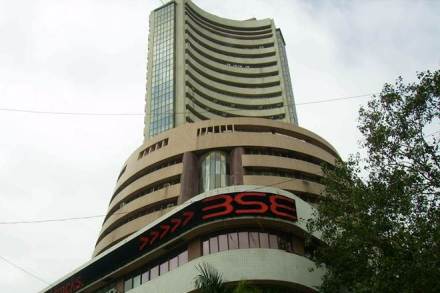Economic Survey 2018: Cautioning against a classic emerging market ‘sudden stall’ arising from a sharp correction in stock prices, the survey says the drop in the equity risk premium and high valuations will need more than a shift in asset allocation to sustain — or, corporate earnings must grow in line with expectations. The survey notes the price-earnings(P/E) multiples of the S&P 500 and the Sensex have converged at 26 times; on a one year-forward basis, too, India and the US are more or less equally pricey trading at 19.25 times 18.5 times, respectively. However, expectations of corporate earnings are much higher in India than in the US. What’s happened is that post-demonetisation reporting requirements across assets classes — shares or deposits — were more at par. That, together with falling returns on other asset classes — gold, for instance — led to investors rejigging their portfolios in favour of stocks, much of it via the mutual fund route. Consequently, the equity risk premium or the extra return needed on stocks compared with that on other assets has come off.
Watch this also: Budget 2018: 10 New Facts On The Indian Economy
The reallocation could result in a sustained fall in the ERP — in other words, the elevated P/E multiple could hold but the survey advises caution referring to a similar conclusion, drawn in the US after its ERP fell sharply in the late 1990s and early 2000s. The technology bubble collapse followed by the global financial crisis saw the ERP surge to new heights; till today, it hasn’t reverted to its previous trough. The ERP apart, for valuations to sustain, earnings performance must rise to meet still-high expectations.
